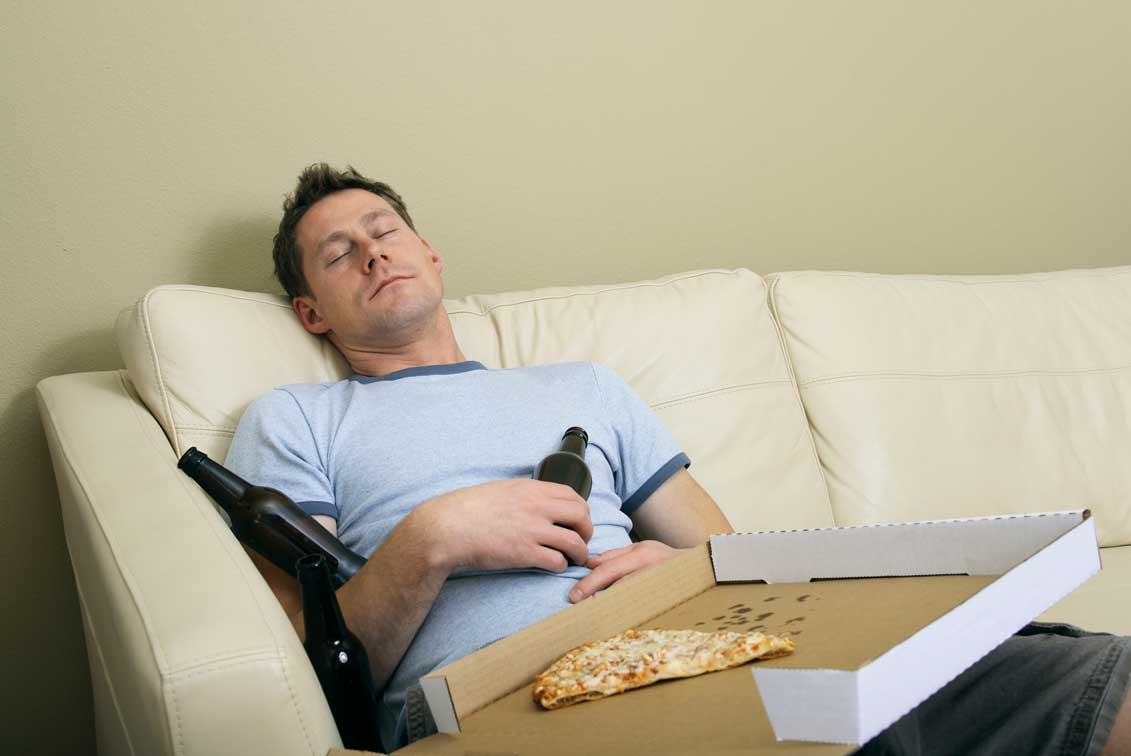
While medical practitioners recommend nine hours sleep a night, for most of us, seven hours is a lot. But sometimes even if we manage to get under the sheets early, we still struggle to get any shuteye. With over 20 years experience in the sleep medicine field, Dr. Carmel Harrington shares her top five tips that don’t include counting to 1000 sheep.
1) Eat for sleep – Stay away from heavy meals three hours before bed so your body has time to digest. Alcohol disrupts sleep and so too does caffeine, so if you have trouble sleeping, refrain from both. Certain healthy foods calm your nervous system and trigger a sleep-inducing hormonal response, helping you rest better at night. These include salmon, yoghurt, cherries and chickpeas. The old remedy of a glass of hot milk is still good advice.
2) Exercise regularly but not within three hours of bedtime – Those who exercise regularly report having the best sleep. However, exercising within a few hours of bedtime simply wakes the body up, making it difficult to sleep. So make sure you finish exercising by 7pm.
3) Make sleep a priority – If you are experiencing sleep difficulties and don’t know why, it might be a good idea to start a sleep diary. Noting what you do before bedtime and how many hours sleep you get each night may help with identifying bad sleep habits.
Do you have a sleep disorder?
If you feel like you’ve tried everything to get a better night’s sleep (or perhaps you’re just wondering why you’re waking up tired every day) you may be suffering from Obstructive Sleep Apnoea (OSA). This disorder is likely to cause daytime sleepiness, moodiness, and poor concentration. Even more concerningly, people who experience sleep apnoea have an increased risk of high blood pressure, heart attack, stroke, type 2 diabetes, depression and accidents.
The good news is getting a diagnosis is now as easy as visiting your local pharmacy – no doctor’s visits or referrals required!
To find out if you’re at risk, take this sleep quiz. If the results indicate you may be suffering from OSA, help is at hand: Philips has launched a game-changing, un-invasive Pharmacy Sleep Service (PSS) that diagnoses OSA via a take-home sleep kit, administered by your local pharmacy. You wear the device overnight and then deliver it back to your pharmacist to get the results, and, if needed, commence treatment.
What are you waiting for? The first good night’s sleep you might have had in years could be just 24 hours away. Find out more about Pharmacy Sleep Services here.
4) Create a sleep sanctuary – Many people suffer from poor sleep due to the state of their mattress and pillow. Your mattress should be giving you the correct support and postural alignment. The bedroom should be dark, quiet and calm. Invest in appropriate bedding for the climate and try to keep noise to a minimum. The optimal temperature for sleeping is around 18 degrees celsius.
5) Refrain from using technology before bed – Melatonin, the hormone essential for sleep, is only produced in fading light or darkness. The eyes detect fading light/darkness and send the message to our brain to start producing melatonin. After one to two hours of melatonin production we will be ready (and able) to go to sleep. Using technology before bed, with its bright light, will limit melatonin production and make it harder to fall asleep.















